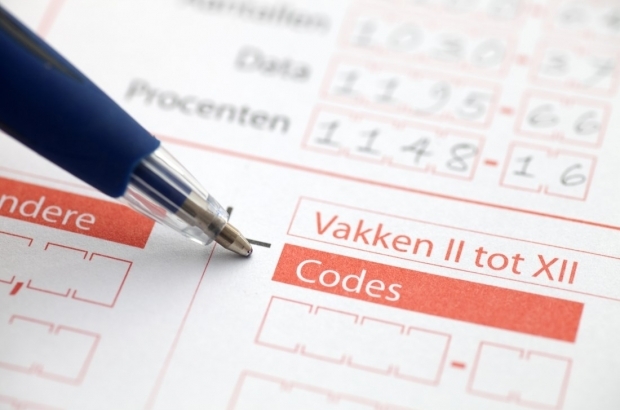- Daily & Weekly newsletters
- Buy & download The Bulletin
- Comment on our articles
Staying on the right side of the tax law
As an expat, you'll typically have at least two countries in your life, your home country and your host country. During a lifetime, you can expect to build up assets in both countries, and in the case of career expats, in three or more countries. You may also keep a house or an apartment in your home country and at the same time buy one in your host country.
Income from financial assets, often including real estate assets, must be declared in the country where you have fiscal residency. In many cases that is the host country, but there are some exceptions, such as for diplomats, international civil servants and even some executives who benefit from special tax status in the host country.
In recent years the possibility of cross border inspection by tax authorities has grown substantially, and ever more transparency can be expected in future. A few examples:
- The European Savings Directive more than a decade ago introduced a system of automatic exchange of information on interest income between the tax authorities of the member states of the European Union (and associated territories), and some other states. Now there are plans to enlarge the scope of this Directive to include even more financial products.
- The US tax authorities have implemented FATCA (Foreign Account Tax Compliance Act) to make sure that US citizens declare all of their worldwide income in the US.
- Learning from those experiences, the Organisation for Economic Co-operation and Development (OECD) is working on a template for the automatic exchange of financial information between all of its 34 member states. Their plans should come into force as early as 2016 or 2017. Noteworthy: even Switzerland is a member state of the OECD.
No more hiding
People have always been required to declare worldwide income for tax purposes in the country where they fiscally reside, but now there is no room for omissions. This is the age of transparency and there is no longer any such thing as banking secrecy, if indeed there ever was.
It is now more important than ever to invest with parties who are themselves compliant with all rules and regulations, and who provide all the information you need as an expat to comply. Beware of parties who propose ways to hide your money from the competent tax authorities. There's no longer any place to hide. Check out your personal situation carefully, and make the necessary corrections where required.
A final word of advice. It is always better – and cheaper – to contact the tax authorities yourself than to wait for them to find you via international information exchange.














